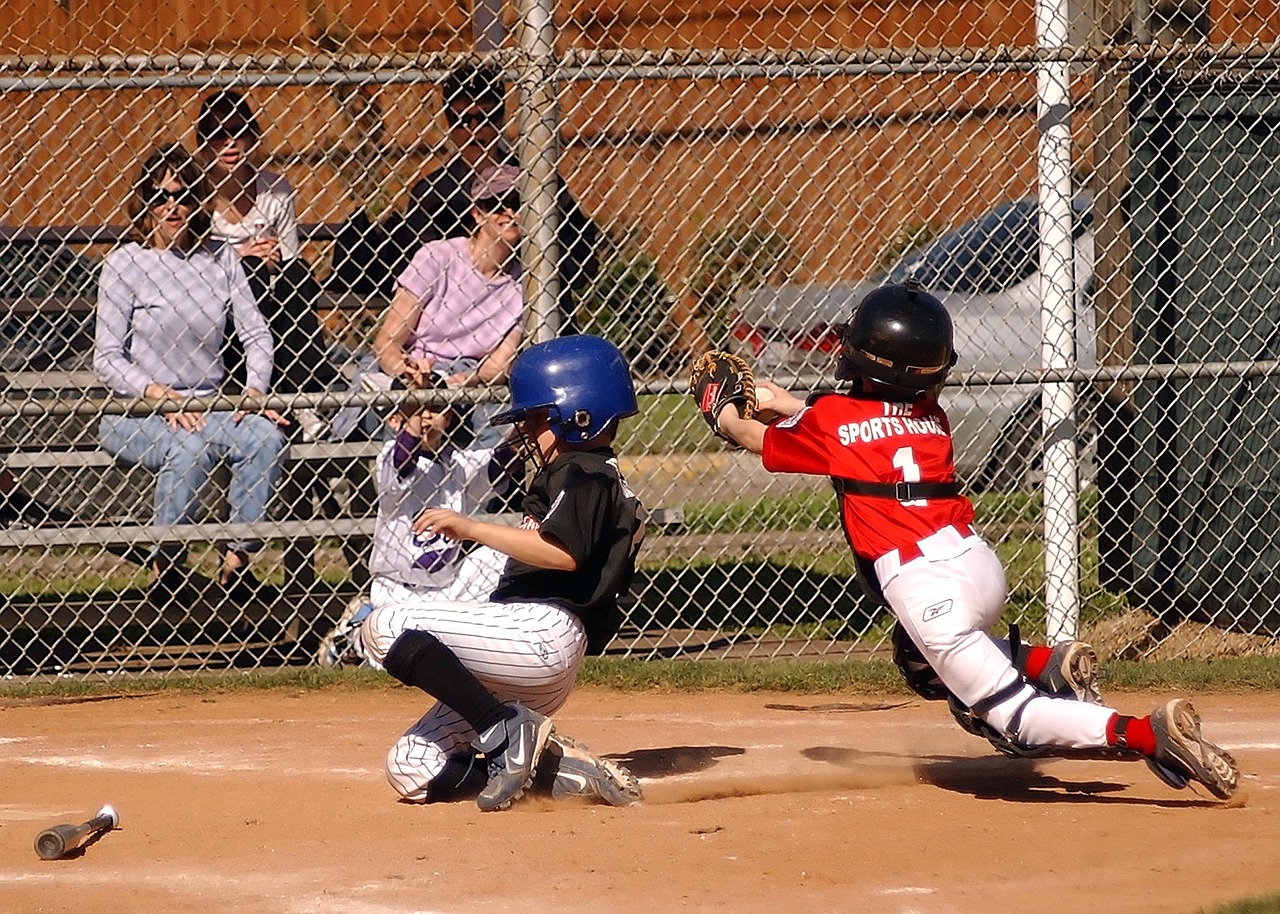Six words to change your child’s performance.
 Posted On
Posted On
If you are lucky to have your child in a well-balanced education situation, the strengths of and challenges of all the students are divided and respected equally. For example, the best soccer players aren’t always playing the newer ones, the children who play chess at home are not always lumped together to compete. Unfortunately, we know we live in an imperfect world.
There are enough scientific studies to praise the benefits of when a child loses a game. As a parent, It is more difficult to be objective when your emotions are tied to your success at parenthood. Take a step back and think of all the life lesson you learned, that nobody could have warned you about. Letting your child feel the burn of losing a board game, the unfairness of a grade, or even just a tough life lesson is a huge gift you can instill in them.
Here are a few ways to avoid meltdowns in elementary-aged children who have lost a game or may not have received the recognition they (and possibly you) feel was deserved:
- Start the conversation in a neutral situation: over dinner, for example. Drive home the intrinsic value of a new experience no matter the outcome. Talk about times you tried something, and failed miserably but mustered up the grit to keep trying. You may not be the best at swim relay races, but you value the exercise, sunshine, and chance to be with friends.
- Be empathetic, without judgment, to their authentic feelings. “It’s hard the first few times you try something new. And it stings a little, huh?”.
- What actually went well? Re-frame the focus on a point in the game that they were winning, performing better, or utilized a new skill. ” Remember when you counted your breath before coming up during the relay race? You couldn’t do that a month ago!”
- Reiterate that coaches and teachers are humans, with subjective viewpoints and life isn’t always fair. Frustration from an elementary-aged student at this point is normal and very healthy.
See it from their viewpoint and think of the teacher who gave you an unfair grade, a bad call from your coach or when you didn’t get that promotion that was expected. Think about what you learned from having a bad manager as an adult or a difficult teacher in school or college. The life lesson is there. Have the courage to speak up and share your experiences, good, bad and in between with your child. You will be surprised at what they learn to weather on their own or with very little guidance. Set the example, and the rest will follow.
Before the Competition: After the competition:
- Have fun. 1. Did you have fun?
- Play hard. 2. I’m proud of you.
- I love you. 3. I love you.
“I love to watch you play.”


